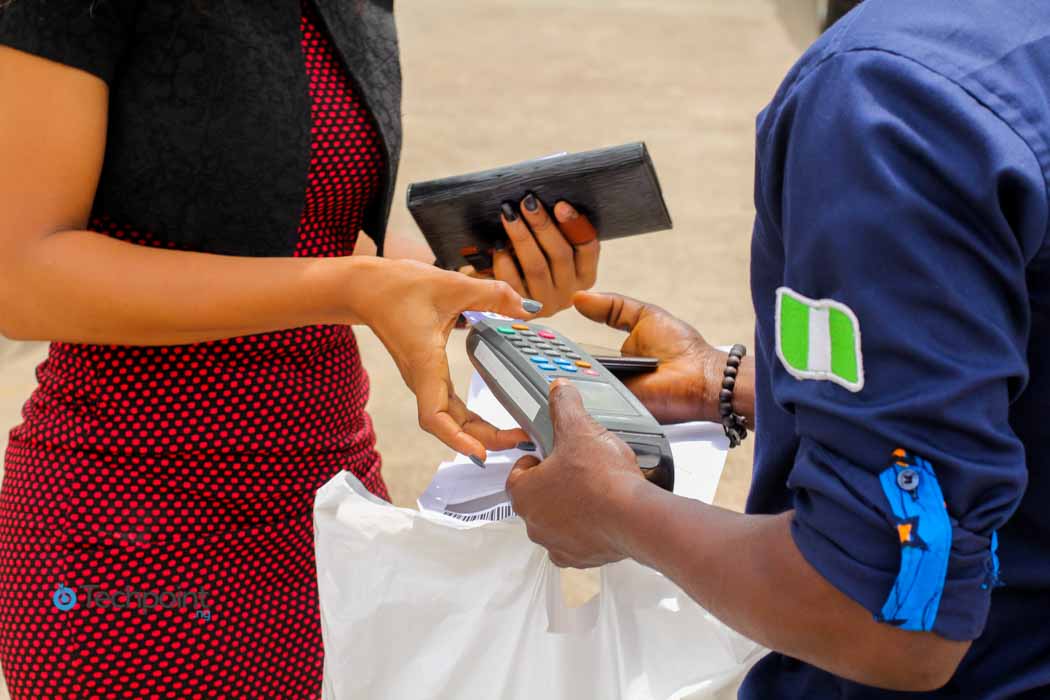Following the tragic death of Mr Chukwuma Eleje, Jumia’s delivery man in Port Harcourt, expectations were that the company would treat Payment on Delivery (PoD) with a certain degree of urgency. Well, that was apparently already in the pipeline, according to information reaching us.
A source reveals that Jumia no longer entertains Payment on Delivery for orders above ₦1000 across Port Harcourt. In addition, the eCommerce outfit has ramped up periodic checks — on confirmation of orders, on shipping and on attempted delivery, including name and contact details of assigned delivery man — to verify serious buyers.
Payment on Delivery (PoD) adoption is synonymous with eCommerce survival in Nigeria. However, the many downsides to it suggest that the payment model might have outlived its usefulness. Its impact has engendered serious debate and, at a time, it even seemed like no winner was going to emerge from those arguments.
Many days and events after, the death of Mr Chukwuma Eleje would prove the ultimate decider; dealing the last blow that literally stripped PoD supporters of voice. At that point, it was no longer a question of “if” Nigerian eCommerce outfits would do away with the payment model but “when” they would be moving the ship. In fact, ever since Payporte publicly distanced itself from PoD, we’ve been waiting to see who will go next.
The bigger reality
PoD was a necessary evil in the early days of Nigerian eCommerce, as it offered a temporary (howbeit with devastating long-term consequences) solution to the challenge of logistics. But thanks to the new reality that is unveiling, the mandate will be to figure out alternative solutions around logistics.
Konga and Jumia, whose clout goes way back to the early days of eCommerce itself in Nigeria and, arguably two of Nigeria’s biggest eCommerce players, have had issues of their own to deal with. So it says a lot that they are yet to take a public stand on this. Regardless, PoD’s supposed extinction from the Nigeria eCommerce scene wouldn’t be complete if either — or both — of the two Nigerian eCommerce giants isn’t party to it.
Of course, an overnight solution might not be the case but, a temporary fix — as implemented by Jumia in Port Harcourt — may not offer a complete relief. Some have suggested pickup centres as a lasting solution to Nigeria’s logistics problem. Others say it is escrow services. Whichever is the case, it will be interesting to see how events unfold in the coming days.






